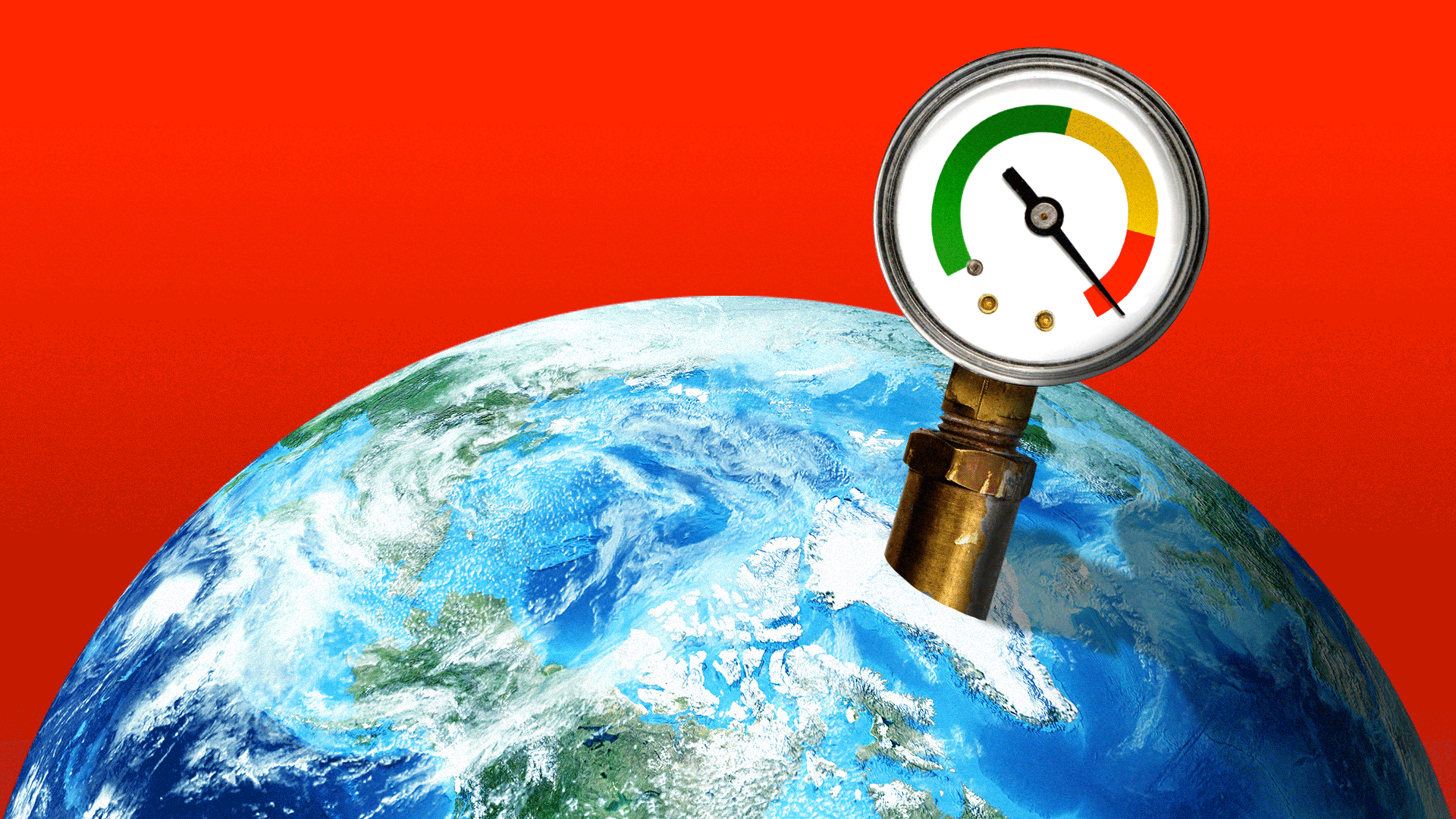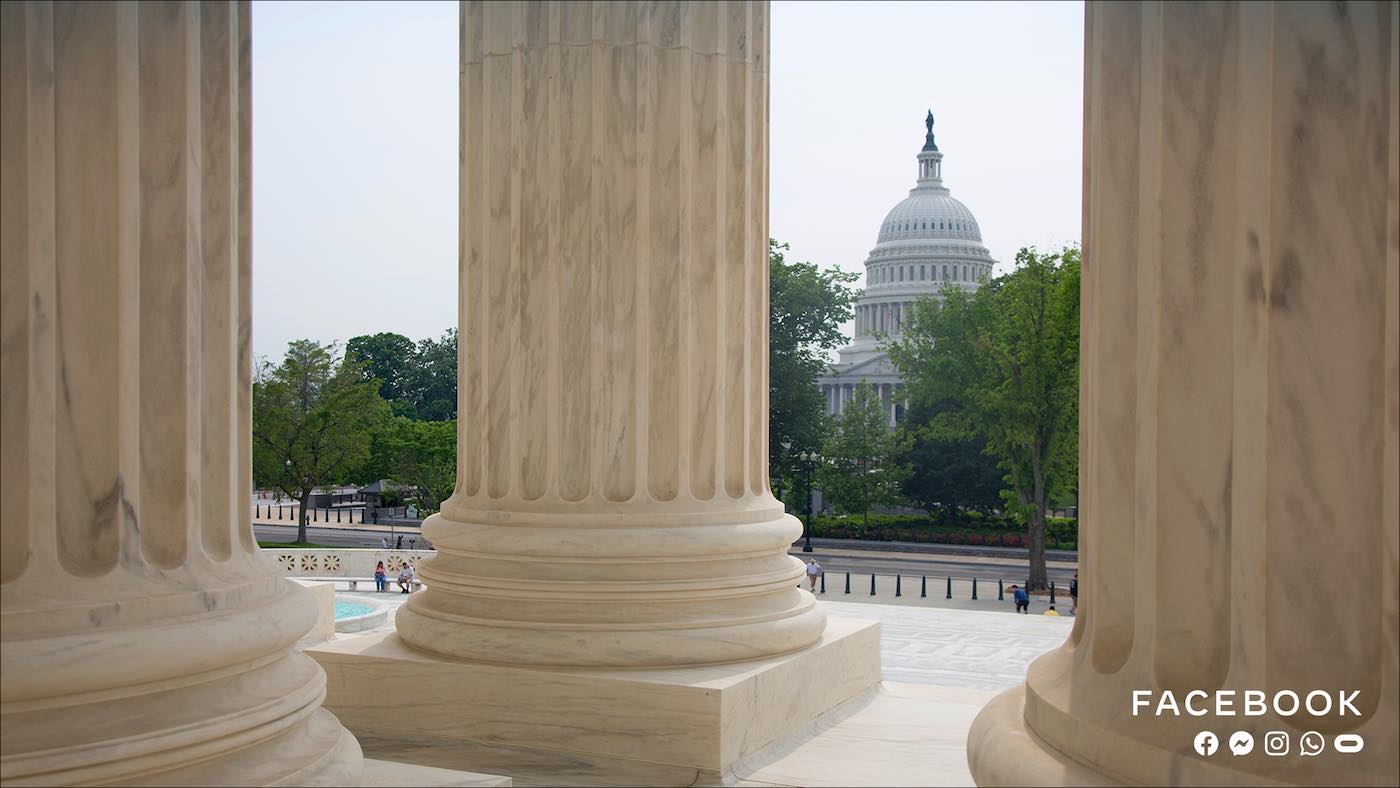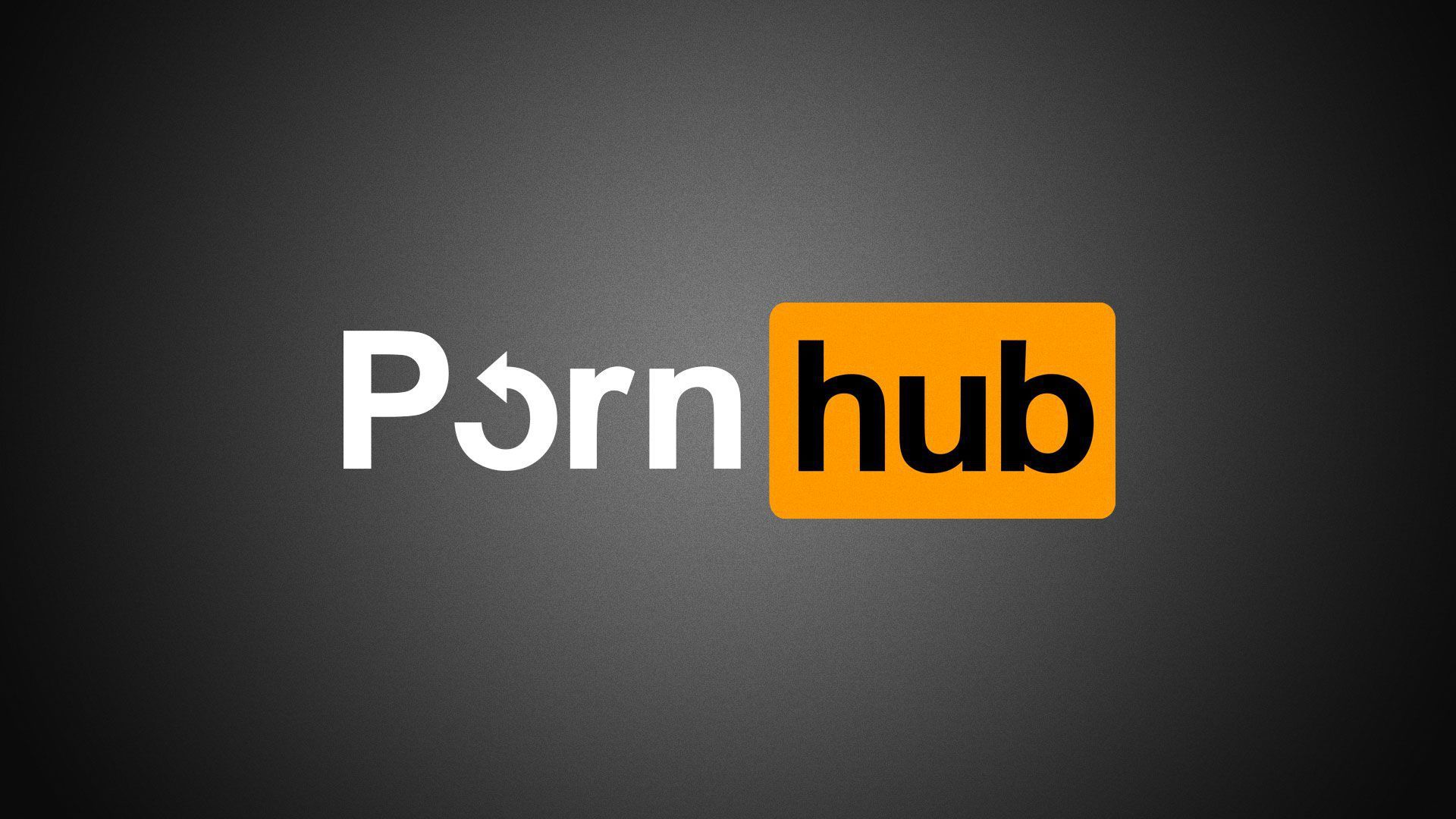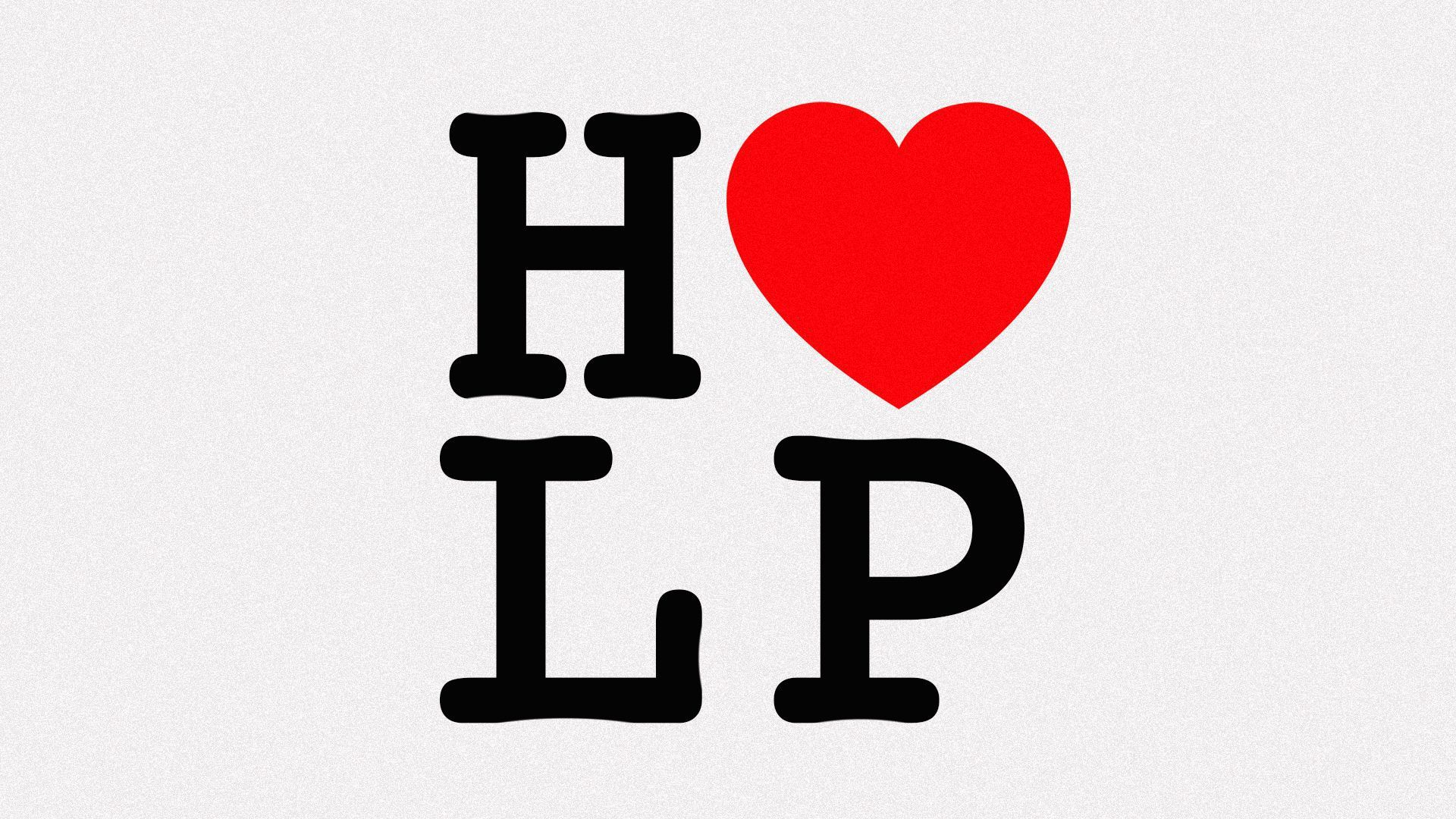| |
| |
| |
| Presented By Facebook |
| |
| Axios AM |
| By Mike Allen ·Dec 17, 2020 |
| 🛷 Happy snowy Thursday! Today's Smart Brevity™ count: 1,056 words ... 4 minutes. 🇫🇷 Breaking: French President Macron tested COVID-positive and will isolate for seven days. He took a PCR test at the first symptoms, Élysée Palace announced. (Go deeper.) |
| |
| |
| 1 big thing: Red-blue COVID divide |
 Data: SocialFlow. Chart: Danielle Alberti/Axios States that voted for President Trump tend to have high coronavirus caseloads compared to how much COVID content they read online. The opposite is true of states that voted for President-elect Biden, Neal Rothschild writes from exclusive data from the social-media platform SocialFlow. - Why it matters: This trend highlights a widespread rejection of coronavirus news and information in states that supported Trump, even in areas where the virus has gotten particularly deadly.
Mike's thought bubble: I know from my constant conversations with friends, relatives and sources around the country that striking ideological gaps remain in perceptions about the virus. - Now we know it wasn't just about the election — it's still very real.
- This data slice is one vivid way to quantify it.
While Biden voters are more likely to heed public health guidance and trust information from mainstream media sources, Trump voters are more inclined to tune them out. - "It's clear that stories about COVID simply don't animate red-state residents the same way they do those in blue states," SocialFlow CEO Jim Anderson tells Axios.
By the numbers: Blue states account for the 15 biggest differences among states that read more coronavirus content relative to their caseloads. - Red states account for 11 of the 12 biggest differences among states that have bigger caseloads compared to the amount of coronavirus content they read.
Share this graphic. |
    |
| |
| |
| 2. Former Trump official: Cyberattack is ongoing |
 |
|
| Illustration: Sarah Grillo/Axios |
| |
| Tom Bossert — former homeland security adviser to President Trump, and deputy homeland security adviser to President George W. Bush — writes in a N.Y. Times op-ed that the magnitude of the "ongoing" cyberattack on U.S. agencies is "hard to overstate": - "[T]he hackers will have long ago moved past their entry point, covered their tracks and gained what experts call 'persistent access,' meaning the ability to infiltrate and control networks in a way that is hard to detect or remove."
- "President-elect Joe Biden ... has to assume that communications about this matter are being read by Russia, and assume that any government data or email could be falsified."
"An intrusion so brazen and of this size and scope cannot be tolerated by any sovereign nation," Bossert continues. - "We are sick, distracted, and now under cyberattack."
Keep reading (subscription). |
    |
| |
| |
| 3. Liberal senators pressure Biden on climate |
 |
|
| Illustration: Aïda Amer/Axios |
| |
| Democratic senators are threatening to obstruct President-elect Biden's nominees if he's not aggressive enough on climate change, Sen. Sheldon Whitehouse of Rhode Island told Axios' Amy Harder. - Why it matters: Whitehouse is a leader on climate change in his party, but he has also shown to be a bipartisan dealmaker when he wants to be. What he says suggests broader support among other Democrats.
Whitehouse said: "[T]here are quite a considerable number of senators who keenly believe that we missed huge opportunities in the Obama administration, ... and we just won't tolerate a casual, insipid approach." Keep reading. |
    |
| |
| |
| A message from Facebook |
| Facebook supports updated internet regulations |
| |
 |
| |
We support updated internet regulations to set clear rules for today's toughest challenges and hold companies, including Facebook, accountable for: - Combating foreign election interference.
- Protecting people's privacy.
- Enabling safe and easy data portability between platforms.
Read more |
| |
| |
| 4. Our weekly map |
 Data: The COVID Tracking Project, state health departments; Map: Andrew Witherspoon/Axios New coronavirus cases are no longer skyrocketing, but are holding steady at record or near-record highs, Sam Baker and Andrew Witherspoon report. - The U.S. averaged 209,000 new cases per day over the past week — up a hair (1.8%) from the week before.
The nationwide totals held steady even as the number of new infections fell in 19 states — including Iowa, South Dakota and several other states that were hit especially hard by the fall surge. - A handful of populous states show significant increases, which is why the national total is still so high. California averaged roughly 32,500 new cases per day over the past week, an increase of almost 40% over last week.
Hospitalizations remain at a record high — roughly 113,000 people are in the hospital today for severe coronavirus infections. - If many Americans travel for the holidays, cases could pick right back up.
- Vaccines eventually will help contain the virus. But it'll be several months before the general public can start getting vaccinated.
Share this map. |
    |
| |
| |
| 5. Don't come to the inauguration. But please send money |
| President-elect Biden's Presidential Inaugural Committee said this week that the "ceremony's footprint will be extremely limited": "The PIC is urging the public to refrain from any travel and participate in the inaugural activities from home." - But in keeping with tradition, the PIC is welcoming big-dollar donations, as you can see in this menu posted by CNBC:
JPMorgan Chase said that instead, it'll give in the hometowns of Biden and Vice President-elect Harris: "This year, given the hardships facing communities and the demand on food banks, the firm has decided to instead make contributions to food banks in Wilmington, Delaware; Oakland, California; and Washington, D.C." |
    |
| |
| |
| 6. Tech power player: Google's new head of people |
 |
|
| Fiona Cicconi. Photo: Google |
| |
| Google named Fiona Cicconi, an AstraZeneca executive, to head people operations — at a time when the search giant faces more legal and public scrutiny than ever, Axios chief tech correspondent Ina Fried writes from S.F. - Why it matters: The morale-sapping issues can make it harder to retain talent. Today's disgruntled worker could be tomorrow's star antitrust witness.
Google says interest in working there remains "higher than ever," with 3.3 million job applications in 2019, up from 2.8 million applications in 2018. - Go deeper: Ina sketches the issues for Cicconi when she starts in January.
|
    |
| |
| |
| 7. Zoom's new free-speech power |
 |
|
| Photo: Smith Collection/Gado/Getty Images |
| |
| In September, Zoom canceled a San Francisco State webinar featuring Palestinian activist Leila Khaled, who took part in two plane hijackings. - Why it matters: With Zoom now frequently transmitting public events, the platform is confronting knotty questions about content moderation similar to those faced by much larger companies, Axios' Ashley Gold writes.
Zoom is "investing a ton" in developing clear-cut policies around content moderation and event hosting, Josh Kallmer, Zoom's head of public policy, told Ashley on C-SPAN's "The Communicators." What's next: Zoom plans to have a Brussels office up and running by early 2021. |
    |
| |
| |
| 8. Pornhub purge sends tremors through tech |
 |
|
| Illustration: Eniola Odetunde/Axios |
| |
| Pornhub removed up to three-quarters of its library — as many as 10 million videos, from a library of 13.5 million, per Motherboard — a content-removal earthquake the web has rarely seen, managing editor Scott Rosenberg writes from the Bay Area. - Why it matters: Monday's purge sent tremors through a tech industry built on user-generated content.
- After N.Y. Times columnist Nick Kristof's exposé about Pornhub's underage and nonconsensual content, Visa and Mastercard threatened to cut off the site.
What's happening: Pornhub built a vast adult library by opening its platforms to uploads from anyone. But now it's removing all videos except those from verified users — commercial partners or participants in its model program. Between the lines: Some observers see the platform's new restriction as a harbinger of how the web might change if Congress, as it has threatened, removes a key liability protection for online platforms, Section 230 of the Communications Decency Act. |
    |
| |
| |
| 9. 🗽 Next NYC mayor's job: Rescue "The City" |
 |
|
| Illustration: Sarah Grillo/Axios |
| |
| More than 30 candidates — including national names like Andrew Yang — are either running or considering a run for mayor of New York, a job that will involve saving a critically wounded city, Axios Cities author Jennifer A. Kingson writes from Manhattan. - Why it matters: Decisions the next mayor makes will not only help determine if Gotham retains its status as the financial, shopping, dining and glamor capital of the world, but also guide other U.S. leaders as they chart courses of recovery.
Keep reading. |
    |
| |
| |
| 10. ☃️ 1 smile to go: The new snow day |
| We told you yesterday about school districts that are ending the snow-day tradition in this virtual era. (N.Y. Times) - Axios AM reader Dan Alpert shared this delightful exception:
|
    |
| |
| |
| A message from Facebook |
| It's time for updated regulations to promote data portability |
| |
 |
| |
| We joined tech partners in Data Transfer Project to build a framework that enables people to move their data securely and easily between platforms. But there's more to do. We support updated regulations to ensure data is safe, portable and used responsibly. Read more |
| |
| 📬 Thanks for starting your day with us. Please invite your friends to sign up for Axios AM/PM. |













No comments:
Post a Comment